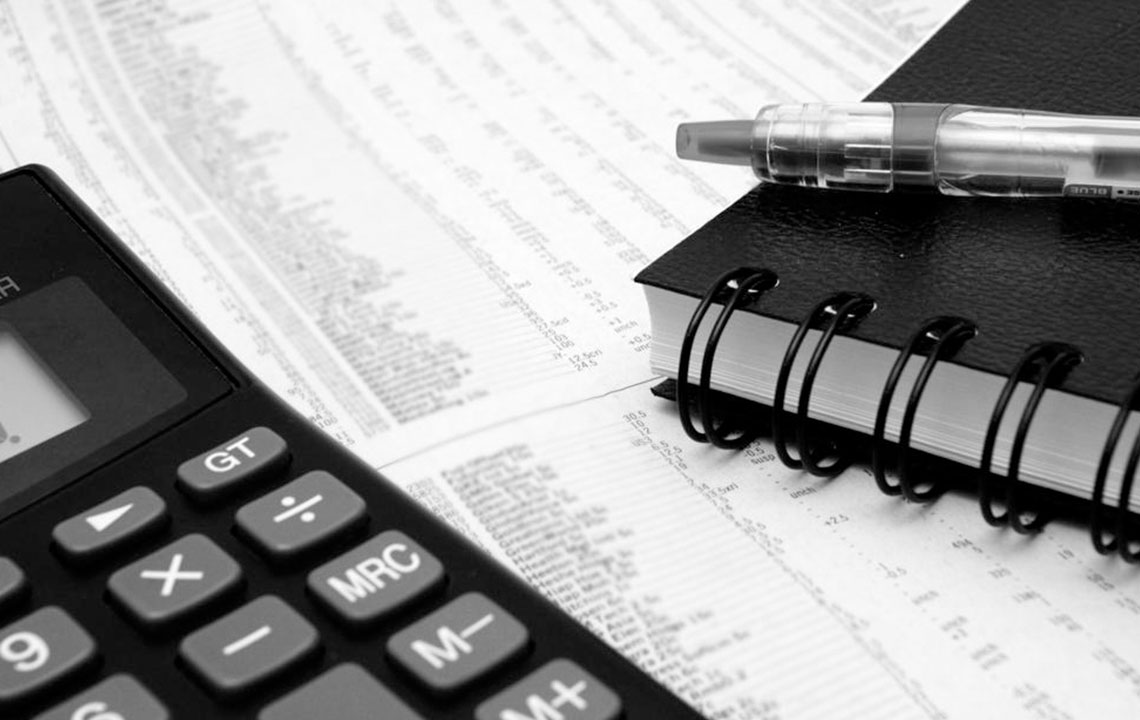Brokerage account – broken down for better understanding
A brokerage account or simply a broker account is a taxable financial account that an investor can open with a brokerage firm. This allows him or her to deposit funds with the firm and invest in about any investment there may be. Through the brokerage, an investor can avail various purchases ranging from stocks, bonds, mutual funds, exchange-traded funds, index funds, options, futures, foreign currencies, real estate investment trusts, etc.

For example, if a person or corporation wishes to trade or invest in a particular commodity, he or she may do so through a brokerage account, ensuring a secured interface and sometimes covered transactions, depending on the brokerage firm and type of brokerage account. The primary motive of the investor and the broker is to claim the commodity as income after a period when it has reached a considerable capital gain.
One of the main advantages of opening a brokerage account is that it gives you access to a plethora of financial services. Some accounts also allow for writing a check, debit card, and credit card linking and transactions, bank functions such as deposit, a very liquid and ease of withdrawal (although this might involve selling your investment to incur a capital gain), etc. and virtually any financial need. Although some services may not specifically be from the account, most of them can be linked to or operated from the account.
A brokerage account is just like any other bank’s savings account, except that here, the investor’s money is being held by a stock brokerage agency. And instead of a safety deposit box, bank checks, and free notary services, they provide you with a secure and insured interface. This is beneficial for transactions, expert consultancy services, and some firms may also throw in tempting freebies, such as free online bill pay, mobile banking apps, and ATM withdrawal reimbursements, to compete with banks.